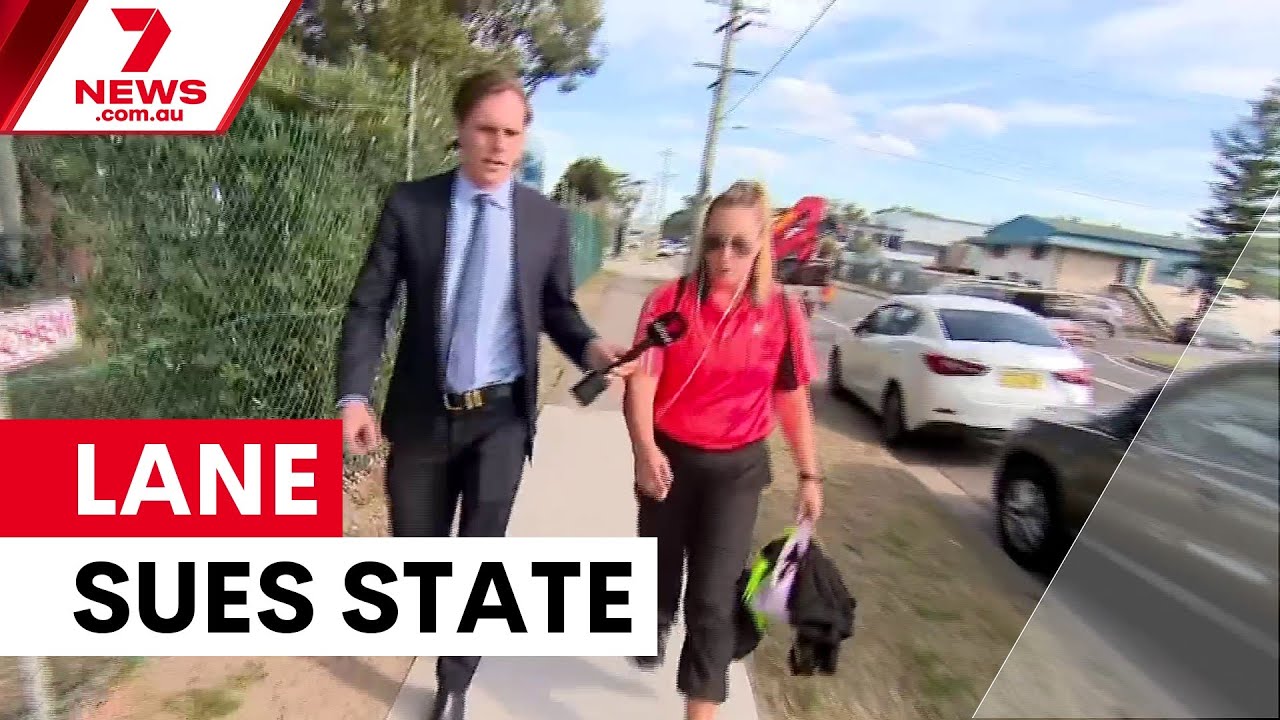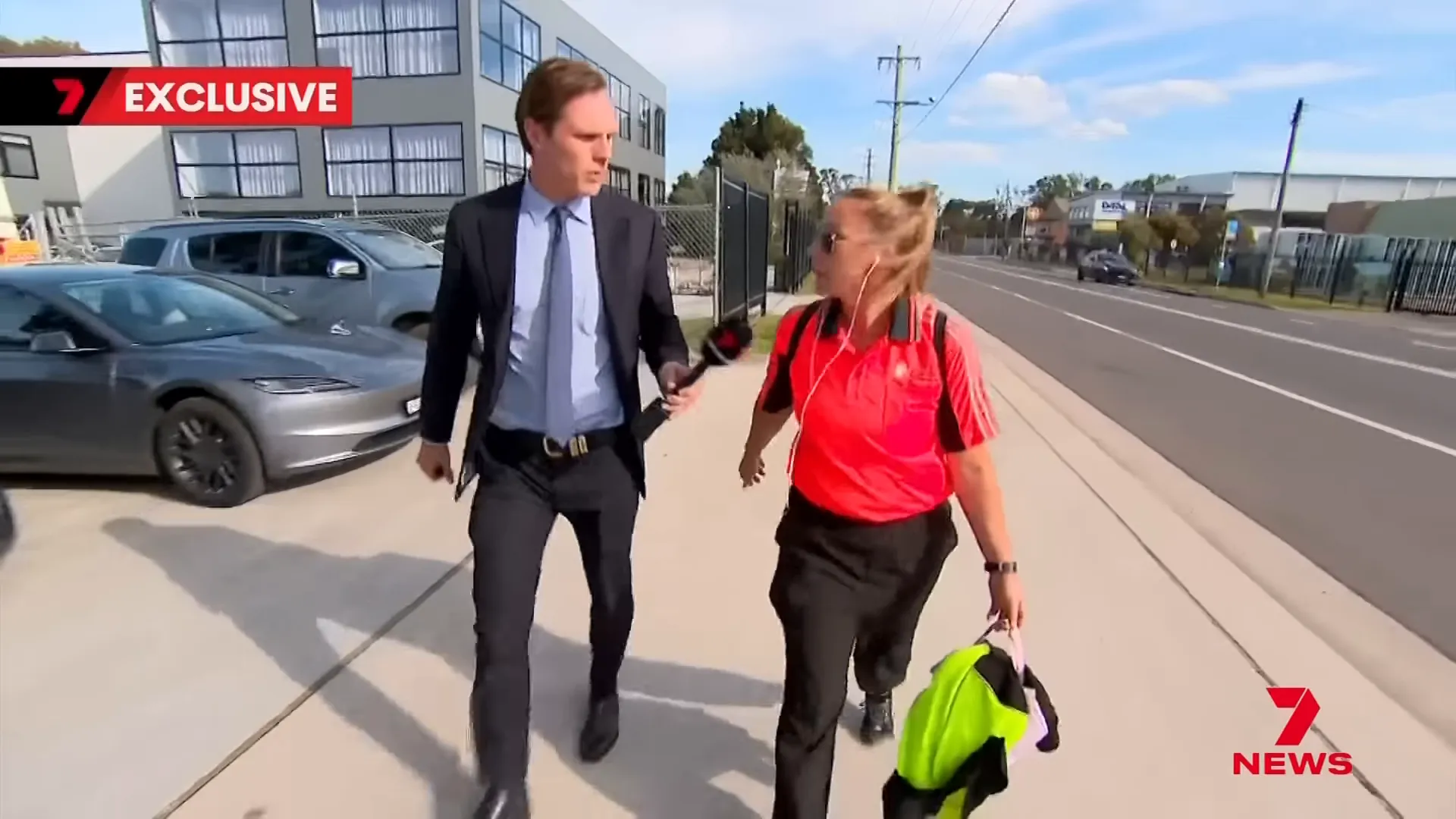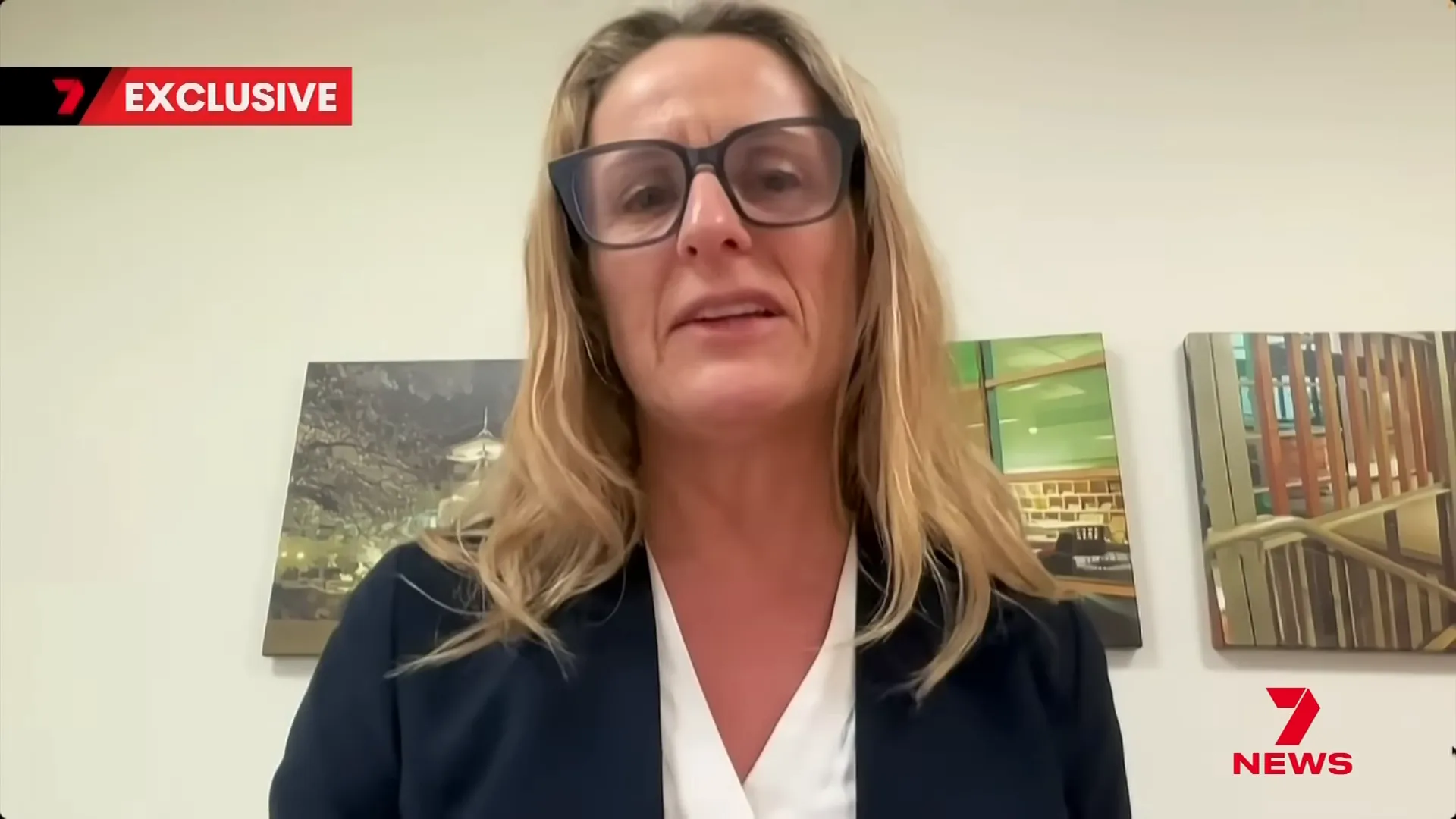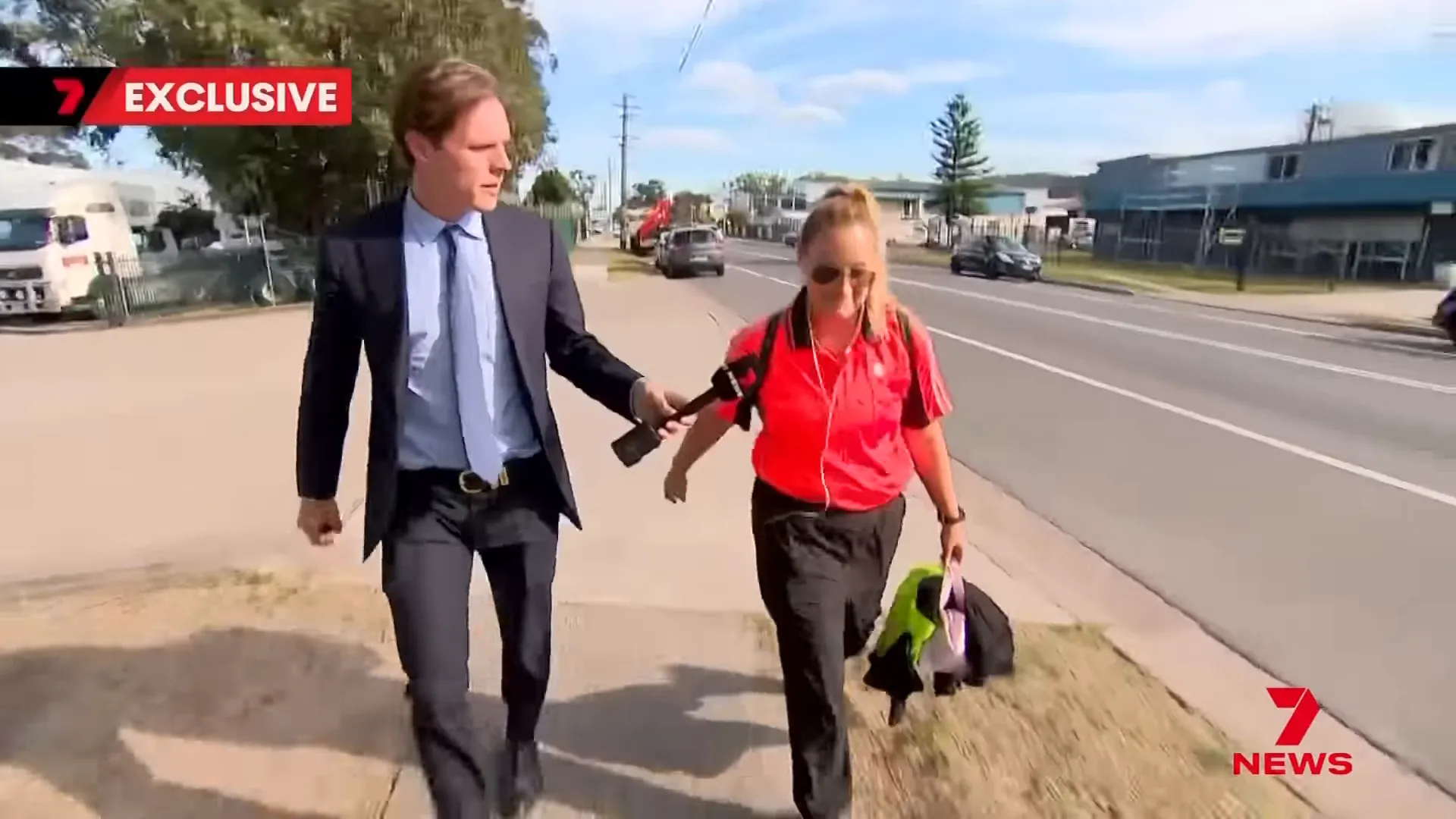Keli Lane sues state for millions after parole denial

By 7NEWS Australia
In an exclusive interview with 7NEWS, Keli Lane — the former Australian water polo player convicted of murdering her daughter Teagan Lee Lane in 1996 — has launched fresh legal action in the Supreme Court after being denied parole. Lane, now 50 and serving an 18-year sentence at Emu Plains, is suing the State and Corrective Services for millions, alleging false imprisonment and abuse of power.
Table of Contents
- Key points at a glance
- The interview: Lane speaks for the first time in years
- No body, no parole: the law at the centre of the dispute
- Supreme Court action: what Lane is suing for
- Public reaction and political context
- What happens next?
- Conclusion
- Frequently asked questions (FAQ)
Key points at a glance
- Keli Lane maintains she is innocent and says she does not know where her daughter's body is.
- Her parole was denied last year under the "no body, no parole" provisions introduced in 2022.
- Lane has filed Supreme Court claims including false imprisonment and allegations that officers abused their power.
- Greens MP Sue Higginson has publicly argued the law should not apply in Lane's case.
The interview: Lane speaks for the first time in years
In a brief, direct interview outside Emu Plains, Lane answered reporters' questions about her daughter's death and her claim of innocence. When asked, "Did you kill your daughter?" she replied simply, "No, I did not."

Walking between her day-trade job and the prison, Lane told reporters she could not point authorities to her daughter's location because she says she did not commit the crime. "If I could help, I would," she said when pressed about why she had not revealed the burial site.
"Because I'm innocent."
No body, no parole: the law at the centre of the dispute
Lane's continued detention is tied to legislation passed in 2022 commonly referred to as "no body, no parole." Under the reforms, a convicted person who refuses to disclose the location of a victim's body can be refused parole. Lane argues she cannot comply because, she says, she did not commit the crime.

Greens MP Sue Higginson has publicly criticised the application of the law to Lane, saying it places her in a "catch-22" — effectively forcing an admission of guilt to secure release. "She's now literally just being tortured in a space that really she shouldn't be in," Higginson said.
Supreme Court action: what Lane is suing for
Lane has begun legal proceedings in the Supreme Court seeking compensation. Among the claims filed are false imprisonment and allegations that corrective services officers abused their powers. Her legal team has indicated they are amending the original filings to better set out why Lane believes she is owed compensation for treatment while behind bars.

Lane declined to discuss the specifics of her grievances with media, saying she is legally restricted from commenting in detail. Her lawyers, however, appear set to press the matter further in court.
Public reaction and political context
The case sits at the intersection of public sentiment about a highly emotive historic crime and evolving parole policy. As a mother convicted of killing her infant, Lane is unlikely to win widespread sympathy; the reporter covering the interview noted a palpable sense of anger from Lane and observed it would be "highly unlikely" that a convicted child killer would gain much public sympathy.
Politicians are divided. While some argue the 2022 changes to parole law are necessary to provide justice for victims' families, others say the legislation risks unfair outcomes when applied to particular cases — especially where a prisoner maintains their innocence and cannot produce new evidence.
What happens next?
Lane's Supreme Court action will be the next major legal milestone. The court will need to determine whether her claims against the State and Corrective Services have merit. Separately, any future parole applications remain governed by the existing statutes and parole board processes, which in Lane's case were recently applied to deny release.
Conclusion
Keli Lane's decision to take the State to the Supreme Court revives a long-running and painful chapter of Australian criminal history. The case raises difficult questions about the balance between parole policy, victims' families' rights, and the legal protections for prisoners who maintain their innocence. As the proceedings unfold, the legal arguments Lane's lawyers bring to court will be scrutinised — and the political debate over "no body, no parole" is likely to intensify.
Frequently asked questions (FAQ)
Who is Keli Lane?
Keli Lane is a former Australian water polo player who was convicted in 1996 of murdering her infant daughter, Teagan Lee Lane. She is serving an 18-year sentence and has consistently maintained her innocence.
Why was her parole denied?
Her parole was denied after the introduction of "no body, no parole" laws in 2022, which allow parole to be refused when a prisoner will not disclose the location of a victim's body. Authorities applied those provisions in Lane's case.
What is she suing the State for?
Lane's Supreme Court filings include claims of false imprisonment and that corrective services officers abused their power. Her legal team has said they are amending pleadings to better set out her grievances and seek compensation.
Does Lane say where her daughter's body is?
No. Lane has told reporters she does not know where the body is and says she cannot provide information because she did not commit the crime.
What are the possible outcomes?
The Supreme Court will consider whether Lane's civil claims succeed; success could lead to compensation or other remedies. Separately, parole remains subject to statutory rules and parole board decisions — those processes are separate from civil claims.
Where can I follow updates?
7NEWS Australia will follow and report on key developments as Lane's court action progresses and as any parole-related matters return to the public eye.